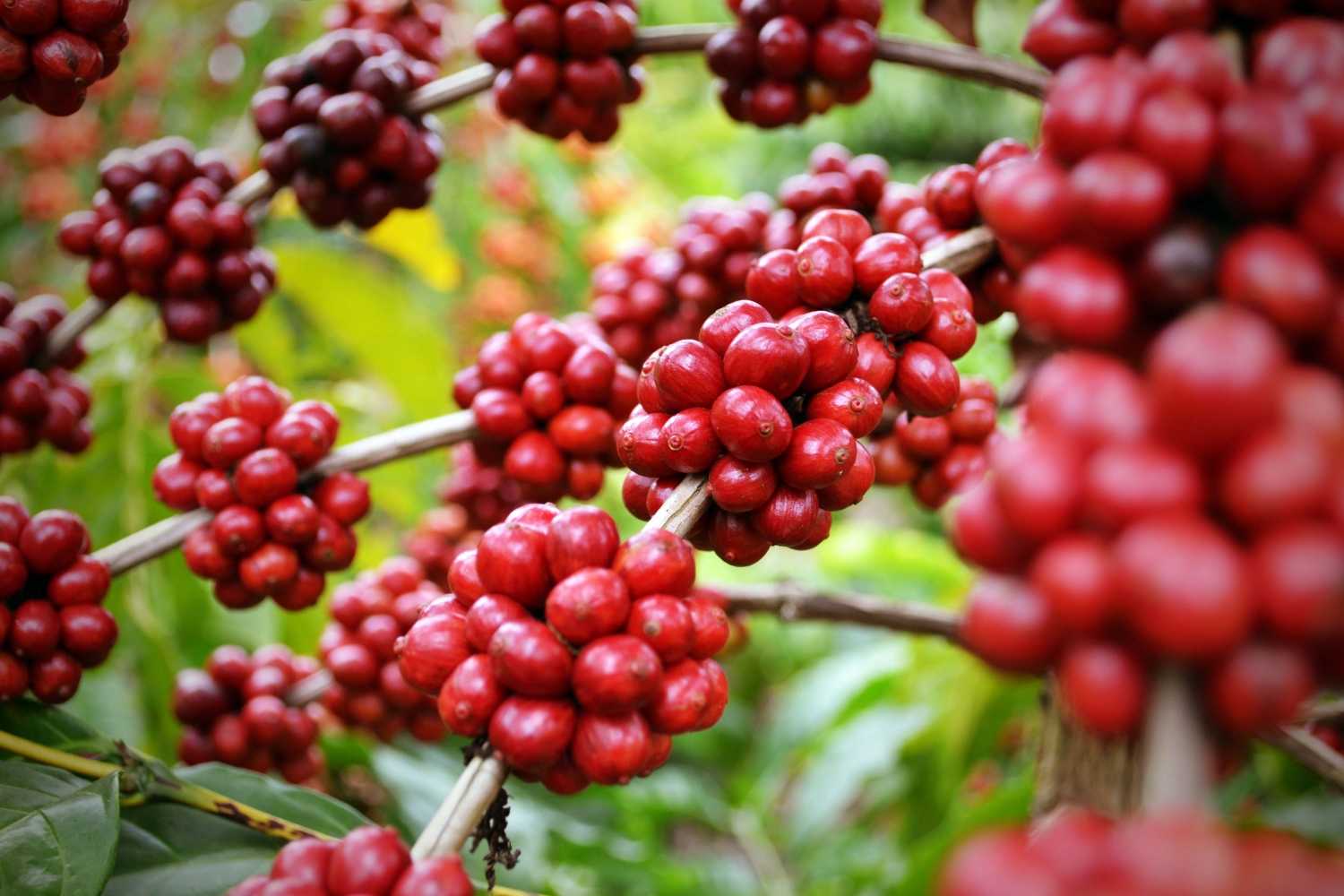SAO PAULO, Brazil – Robusta coffee prices increased in Brazil in October, influenced by international valuations, the dollar appreciation and the absence of sellers in the domestic market, says CEPEA in its latest analysis.. The CEPEA/ESALQ Index for the robusta type 6, screen 13, Espírito Santo State, averaged 399.70 BRL (71.00 USD) per 60-kilo bag in October, 1.1% up compared to that in September. The dollar averaged 5.629 BRL last month, 4.2% up in the same comparison.
Brazilian agents have been attentive to the rainy weather in Vietnam, which has delayed the harvesting of the 2020/21 crop, scheduled to begin from late October to early November. Besides, the effects of a typhoon on the production of the 2020/21 season is also concerning local farmers. Thus, the product from Vietnam may only arrive at the market in late November.
In Brazil, the dry weather may lower the 2021/22 robusta harvest in Rondônia, while in Espirito Santo, predictions are slightly positive, due to the rains in the second fortnight of October and irrigation, which is favoring crops development.
Quotes for arabica coffee decreased in the Brazilian market in October. The CEPEA/ESALQ Index for the robusta type 6, screen 13, Espírito Santo State, averaged 536.60 BRL (95.32 USD) per 60-kilo bag, 28 Reais/bag (or 5%) down compared to that in September. Pressure came primarily from the international devaluations for robusta coffee.
International price drops were linked to technical factors, the dollar stronger than Real, rains in Brazilian coffee crops and concerns about the world demand for coffee because of the second outbreak of covid-19 in Europe and the United States, which tends to limit coffee consumption.
In Brazil, moisture is still lower than the ideal in the arabica crops. Coffee trees are debilitated after the large 2020/21 harvest and the severe drought and high temperatures in the second semester of 2020. Some collaborators believe that the productive potential of crops in the 2021/22 season may have been compromised.
Agents consulted by Cepea have reported damages caused by the weather on the few flowers that opened in August and September. As plants are weak and rains have been low in Brazil, farmers are also concerned about the settlement of the flowers that opened in October.


















